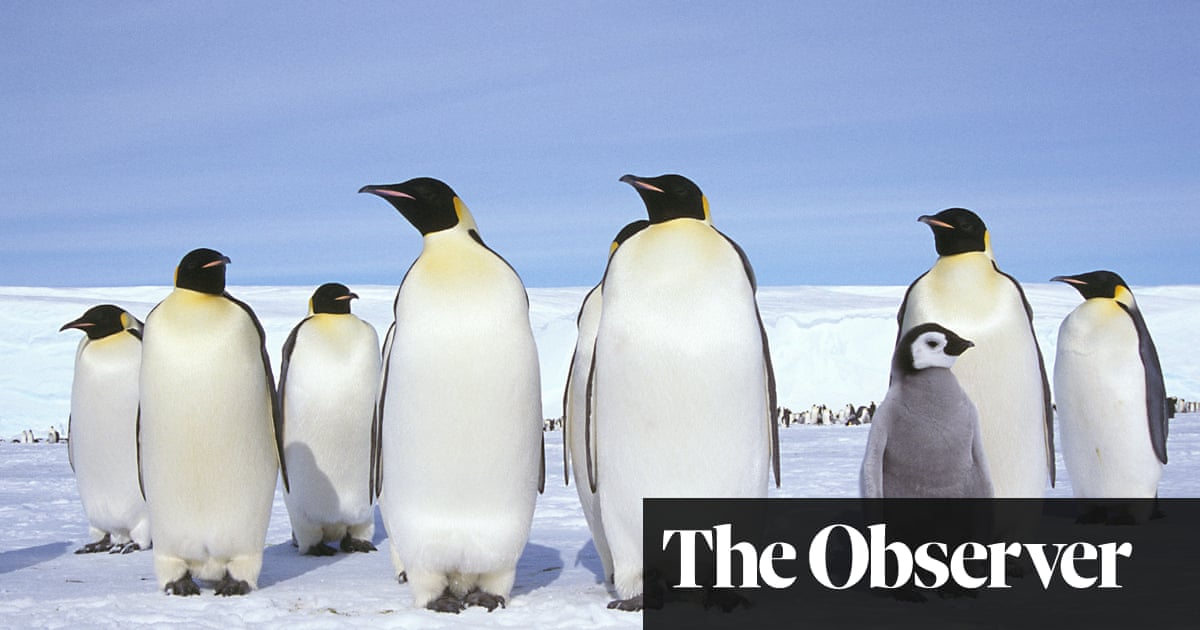An unprecedented leap of 38.5C in the coldest place on Earth is a harbinger of a disaster for humans and the local ecosystem
On 18 March, 2022, scientists at the Concordia research station on the east Antarctic plateau documented a remarkable event. They recorded the largest jump in temperature ever measured at a meteorological centre on Earth. According to their instruments, the region that day experienced a rise of 38.5C above its seasonal average: a world record.
This startling leap – in the coldest place on the planet – left polar researchers struggling for words to describe it. “It is simply mind-boggling,” said Prof Michael Meredith, science leader at the British Antarctic Survey. “In sub-zero temperatures such a massive leap is tolerable but if we had a 40C rise in the UK now that would take temperatures for a spring day to over 50C – and that would be deadly for the population.”
This amazement was shared by glaciologist Prof Martin Siegert, of the University of Exeter. “No one in our community thought that anything like this could ever happen. It is extraordinary and a real concern,” he told the Observer. “We are now having to wrestle with something that is completely unprecedented.”



Messers Rankine, Kelvin and even Fahrenheit would beg to differ… Temperature is scalar, however it’s effects on living things is generally not mostly owing to chemistry.
Au contraire my dear fellow. For a human, the article is entirely correct. A rise of 40° C in a particularly cold place is indeed tolerable for a human. A similar rise in, say, the UK today would put the temperature at 52° C - hotter than Death Valley on a well above average day and considerably less tolerable.
Of course a single recorded rise in temperature isn’t a good indication of climate…
Messrs., with the period. It’s the plural of Mr.
No, it doesn’t make sense, that’s part of why nobody uses it.
I wasn’t saying the 40 c jump was an inaccurate statement, I was saying it wasn’t a meaningful one.